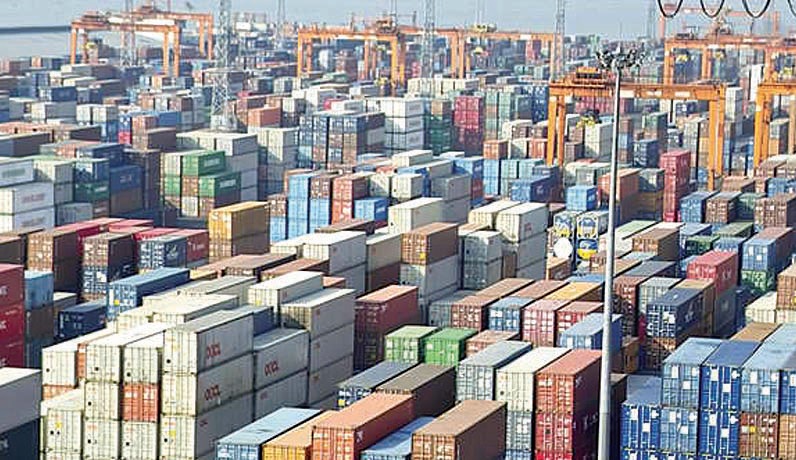International Container Terminal Services, Inc. (ICTSI) and Asian Terminals, Inc. (ATI), operators of the Manila International Container Terminal (MICT) and Manila South Harbor (MSH), respectively are injecting modest investments starting this year to address congestion currently being experienced at their ports.
The two operators claimed that they have committed the investments with the Philippine Ports Authority (PPA), the Bureau of Customs and other port users such as the truckers, and shippers.
Data showed that MSH operator ATI is sinking in about P15 billion in total investments this year wherein part of which will finance the construction of an offsite container yard (CY) just adjacent to the MSH.
According to the plan, which was revealed by BOC commissioner Angelito Alvarez, the offsite container yard will be built just six kilometers away from MSH which is likely double the capacity of its current CY that is at 120 containers per month.
ATI is also prioritizing the extension of Pier 3 by 120 meters, the expansion of Pier 9, and the demolition of two PPA buildings to give way to a bigger and expanded container yard, among others.
ICTSI, on the other hand, has committed to expand its Berth 6 by 320 meters and Berth 7 by 300 meters, expansion of the container yard and the procurement of three quay cranes and reach stackers. ICTSI is likewise looking into an area outside of the port zone which it plans to develop as truck holding area.
PPA, meanwhile, has appealed to the members of the Port and Shipping Sector to work harder and do a little more sacrifice to help mitigate the problem of port congestion as the PPA committed to further develop the capacities of ports in Manila and all the key ports nationwide.
PPA is also recommending extended working hours and/or 24/7 operations for all stakeholders as well as the shipping lines for toning down the delivery of empty containers and sending vessels to sweep off as many empty containers as possible that is estimated currently at around 9,000.
As of January 20, congestion at the two ports remained heavy as all stakeholders work on the backlog brought about by the Christmas and New Year’s break.
Dwell time of cargoes has likewise increased by at least a day to 9 to 10 days due to the backlog from the already abnormal dwell-time of 7-8 days.
The deposit and withdrawal of cargoes from the two ports, on the other hand, likewise worsened to almost a day each further reducing the number of frequency of trips of trucks to only one roundtrip a week from the earlier recorded two-roundtrips a week.
Standby time of vessels, meanwhile, is still at 4 to 5 days while losses brought about by the delay are still at $15,000 per vessel per day.
